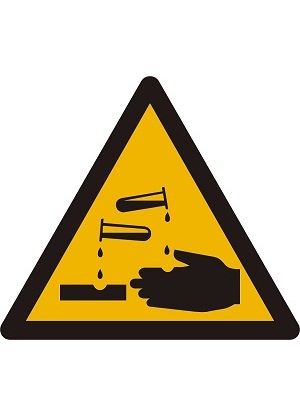Hatred
 A quick note, as I’m traveling:
A quick note, as I’m traveling:
There are two types of hatred, and these are radically separate.
- Hating a thing. The flip side of love is hatred. When something threatens what you love, you want to destroy it. It is important however to regulate your hatred. If you hate the wrong thing, such as that which is not the cause of your fear, you will become what you hate. This is true because you and whatever causes the threat will be operating on the same level. If diversity destroys your country, hating Muslims won’t get you anywhere. Hate the liberalism that sponsors this plague — that is the source of your misery, and anything else is swatting at heads of a Hydra you will never kill.
- Hating life/God/all/nature. This is the one I see quite a bit: people seem to like being alive, but they divide themselves from the world (or God, or nature, or the all — take your pick). They then claim this which is the source of their life is somehow also the source of their misery and torment. Hating the all however turns you into a bleak person. If you believe life is basically good, and that good things happen for a reason and there’s an order to it all, you are able to relax and create in life what you need to. This even extends to belief in life after death, which seems universal. If the world is good, what happens after death will not be bad — it’s time to take Plato’s hint and just relax on that score. “Life is good” does not mean what the trendoids use it to mean, which is “My life is good” in a sense of status competition. It means life itself, the whole, which some people call God, is good.
For a place that claims to be enlightened, modern society is suffused with hatred. People use hatred passively — they claim you’re the hater, while dissing your beliefs and heritage. Their hatred is subtler, far more entrenched. They don’t love life enough to hate any thing; they hate life itself.
And that is a path to unparalleled misery.









